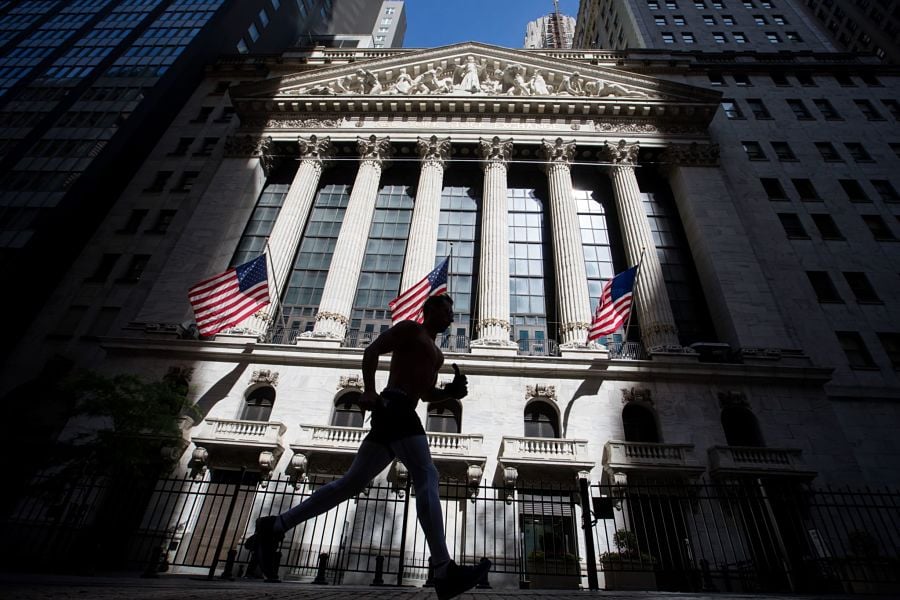

Fans of value-based and sustainable strategies have a new exchange-traded fund option allowing them to track large American companies.
On Tuesday, State Street Corp. released its SPDR S&P 500 ESG ETF, which includes firms in the S&P 500 that meet environmental, social and governance criteria.
Trading under the ticker EFIV, the fund will exclude companies involved with tobacco-related products and weapons, along with those that have a low ESG score from S&P Dow Jones Indices or a low United Nations Global Compact score. The cost is 10 basis points.
[Interested in even more ESG news? Check out InvestmentNews’ ESG Clarity US]
Investors are increasingly taking an interest in ESG characteristics as the COVID-19 pandemic continues, said Sue Thompson, head of SPDR Americas distribution at State Street.
“As you’re watching companies adapt to this human tragedy, companies that really focus on their employees’ health are going to come out of this stronger,” she said.
ETFs that fall under the ESG category have already taken in $14.7 billion in 2020, by far the best year on record according to data compiled by Bloomberg. Much of that reflects products from BlackRock Inc., the largest ETF issuer.
State Street is the third-largest ETF provider in the U.S., managing 16.5% of the $4.5 trillion assets. Its SPDR S&P 500 ETF Trust (SPY) is the world’s largest with about $289 billion in assets.

Relationships are key to our business but advisors are often slow to engage in specific activities designed to foster them.

Whichever path you go down, act now while you're still in control.

Pro-bitcoin professionals, however, say the cryptocurrency has ushered in change.

“LPL has evolved significantly over the last decade and still wants to scale up,” says one industry executive.

Survey findings from the Nationwide Retirement Institute offers pearls of planning wisdom from 60- to 65-year-olds, as well as insights into concerns.
Streamline your outreach with Aidentified's AI-driven solutions
This season’s market volatility: Positioning for rate relief, income growth and the AI rebound
